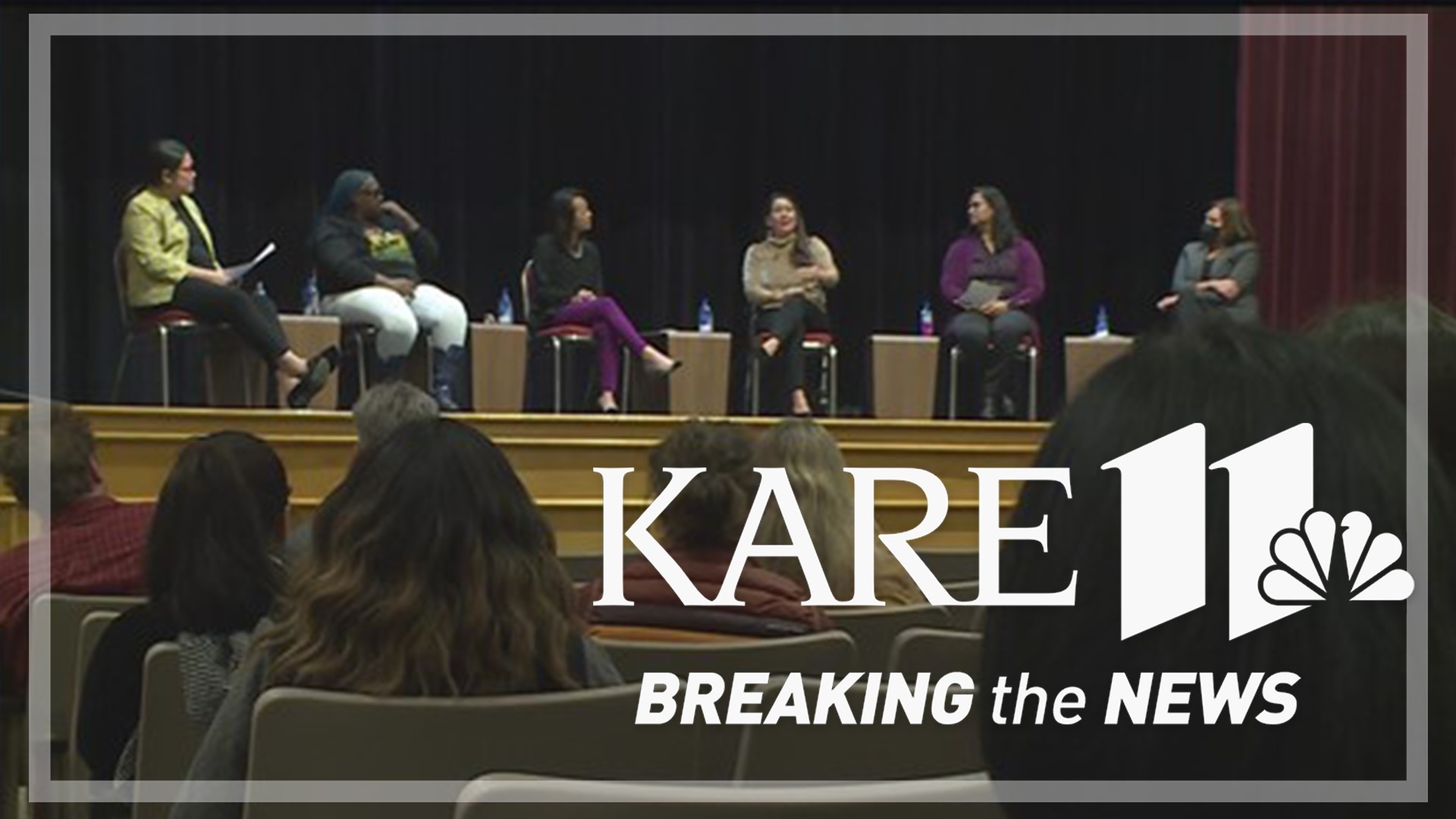MINNEAPOLIS — Local leaders from across the state gathered at the Sabathani Community Center in South Minneapolis to address the racial hunger divide.
"Communities of color face at least twice the amount of hunger as their white counterparts. It's our responsibility to fix it," said Allison O'Toole, CEO of Second Harvest Heartland.
O'Toole continued, "Our mission is to end hunger together and partnering is at the core of what we do every day. Today was a big step in that direction."
The panelists shared their personal stories.
"I think it's important to have our voices as people of color--me as an African American woman who has experienced this being a part of the conversation. Because a lot of people addressing the need haven't had the need--you don't know unless you know," said Delinia Parris, Co-Founder and Executive Director of Feeding the Dream in St. Paul
According to Second Harvest Heartland, 1 in 17 Minnesotans were food insecure in 2020.
"Within that statistic, however, were dramatically higher rates of food insecurity for some of our neighbors of color: 25% of Black people and 19% of Hispanic people in Minnesota were food insecure in 2020. For White people, the rate was 4%," said the organization on its website.
The racial hunger divide conversation here wasn't only to listen and share information but to have a plan of action.
"When we think about food we think about the provision of food, sustainability and access to food. As we put together meal kits, we want to use recipes that bring together culture and ingredients that people know and are familiar with," said Diane Tran, Executive Director of Community Health, Equity and Engagement of M Health Fairview.
"When we talk about tribal food sovereignty, it can mean so many things. It can mean opening up our own organic gardens, bringing back foraging practices that we've lost over the years and hunting," said Stacy Hammer, Director of Community Health at Lower Sioux Health Care Center in Morton.
Having an open dialogue on racial food inequities is a work in progress for all involved.
"The beauty of today is that community members came together to have this conversation, that helps make us smarter about how we spend our resources and they're at the heart of this," said O'Toole.
"I'm excited to be here and help communities -- it's the most rewarding that I've ever done," said Parris.
Watch more Breaking The News:
Watch all of the latest stories from Breaking The News in our YouTube playlist:

